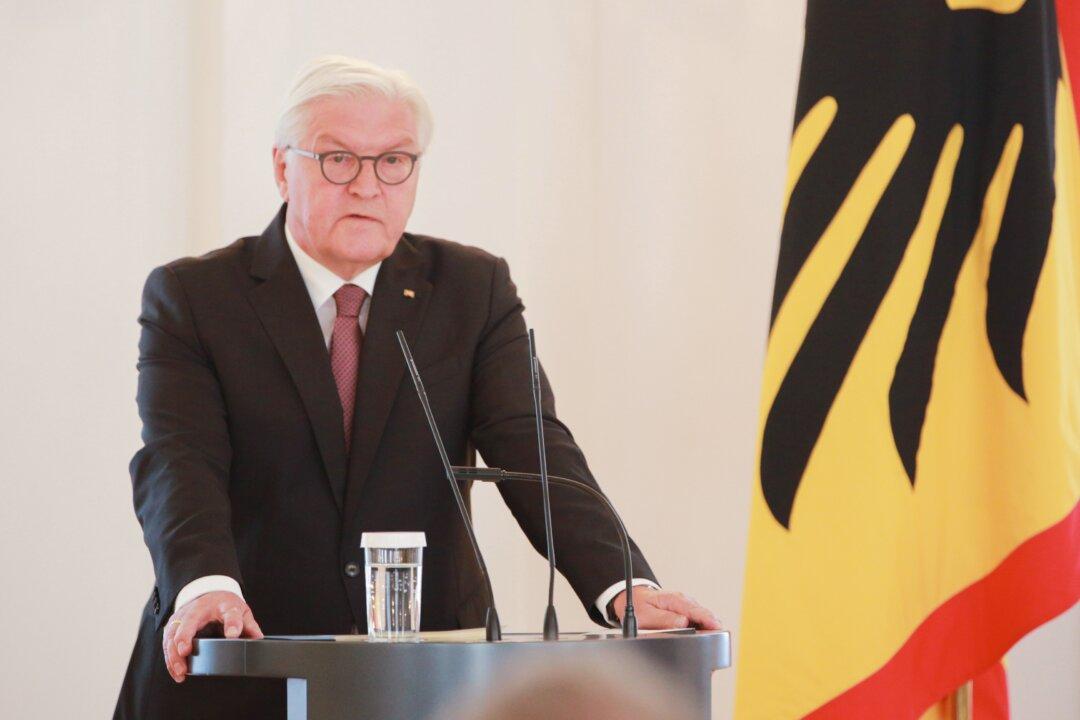Amid criticisms of Germany’s lack of response to Beijing’s imposition of the new national security law on Hong Kong, Germany’s president and foreign minister spoke out about future consequences for EU–China relations.
On Sunday, President Frank-Walter Steinmeier told German public TV network ZDF: “The violation of international law has been documented twice. ... What matters is, we are now making it clear to China that this is not a temporary indignation.”





